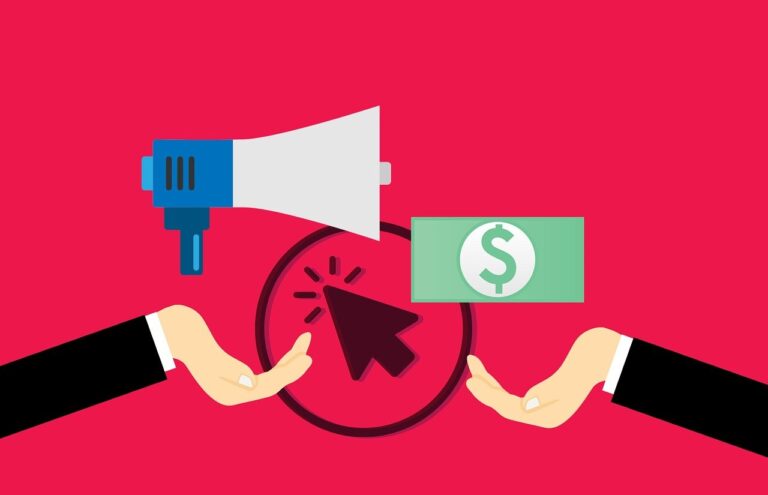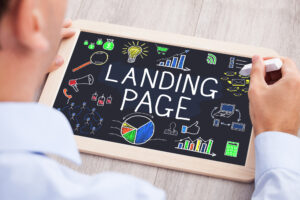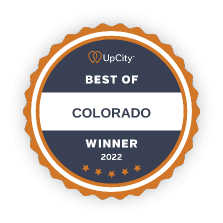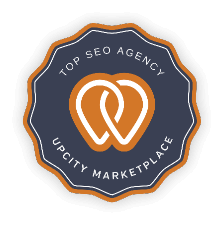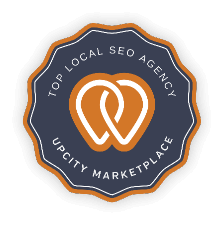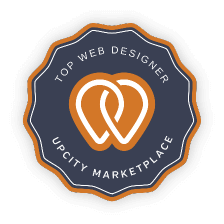In the digital marketing realm, two powerful strategies often come into play: Search Engine Optimization (SEO) and Pay-Per-Click (PPC) advertising. Both SEO and PPC have their own advantages and considerations, and understanding the pros and cons of each approach is vital for making informed decisions about your business’s online marketing efforts.
SEO involves optimizing your website and content to improve its visibility in search engine results organically. By focusing on factors like keyword optimization, quality content, and user experience, SEO aims to attract organic traffic and boost your website’s ranking in search engine results pages.
On the other hand, PPC is a paid advertising model where you bid on keywords to display your ads prominently in search engine results or on relevant websites. With PPC, you pay for each click on your ad, and it offers immediate visibility and control over targeting options.
Importance of Understanding the Pros and Cons
Knowing the pros and cons of SEO and PPC is crucial because it allows you to align your digital marketing strategy with your business goals effectively. Each approach has its own unique benefits and considerations that can influence factors such as budget allocation, time frame, control over results, and audience targeting.
By understanding the strengths and limitations of SEO and PPC, you can make informed decisions about which approach to prioritize, how to integrate them, and how to allocate your resources effectively.
SEO – Pros and Cons
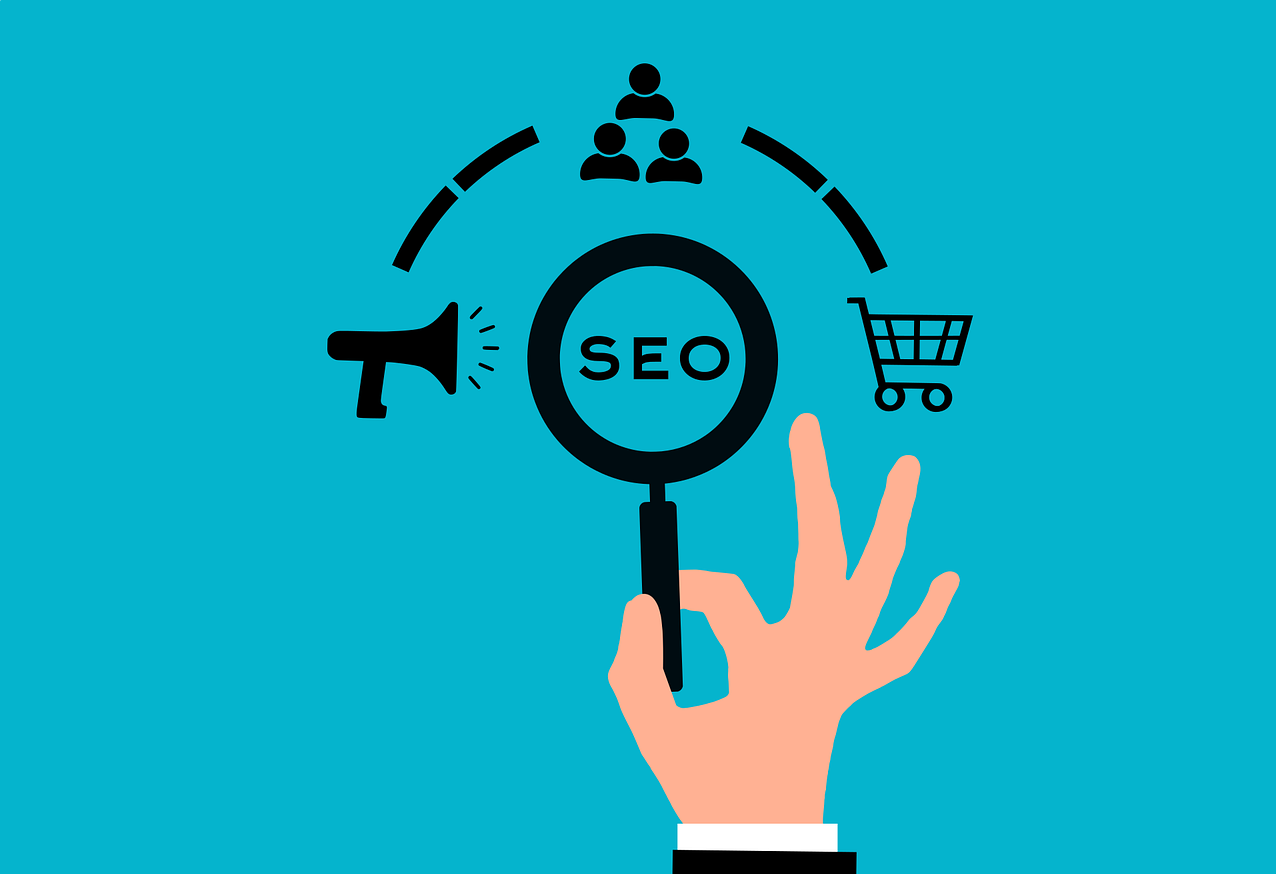
Pros of SEO
SEO offers several advantages that can benefit your business in the long run:
Long-term organic visibility and traffic
By optimizing your website and content for search engines, you can achieve sustainable organic visibility, meaning your website has the potential to attract consistent traffic over time without ongoing advertising expenses.
Cost-effective in the long run
While SEO requires upfront investment and ongoing optimization, it can be more cost-effective in the long run compared to PPC advertising. Once you achieve higher organic rankings, you can continue to receive traffic without paying for each click.
Builds credibility and trust
Ranking high in organic search results builds credibility and trust among users. When your website appears prominently, users perceive it as more trustworthy and reliable, enhancing your brand reputation.
Enhances user experience
SEO focuses on providing valuable, relevant, and user-friendly content. By optimizing your website’s structure, navigation, and load times, you create a positive user experience, leading to increased engagement and higher chances of conversions.
Cons of SEO
While SEO offers numerous benefits, there are some considerations to keep in mind:
Takes time to see results
SEO is not an overnight solution. It requires patience and time for search engines to crawl, index, and rank your website. It can take weeks or even months to see significant improvements in your search rankings and organic traffic.
Requires ongoing effort and optimization
SEO is an ongoing process that requires continuous effort and optimization. It involves regular content updates, technical enhancements, and monitoring of performance metrics to maintain and improve your search rankings.
Vulnerable to algorithm updates
Search engines periodically update their algorithms to provide the best possible results to users. These updates can impact your website’s rankings. Staying informed and adapting to algorithm changes is essential to maintain your SEO efforts’ effectiveness.
Limited control over search rankings
While you can optimize your website, content, and technical aspects for SEO, search engines ultimately determine your search rankings. Your competitors’ efforts, search trends, and various other factors can influence your rankings, which means you have limited control over the final outcomes.
PPC – Pros and Cons
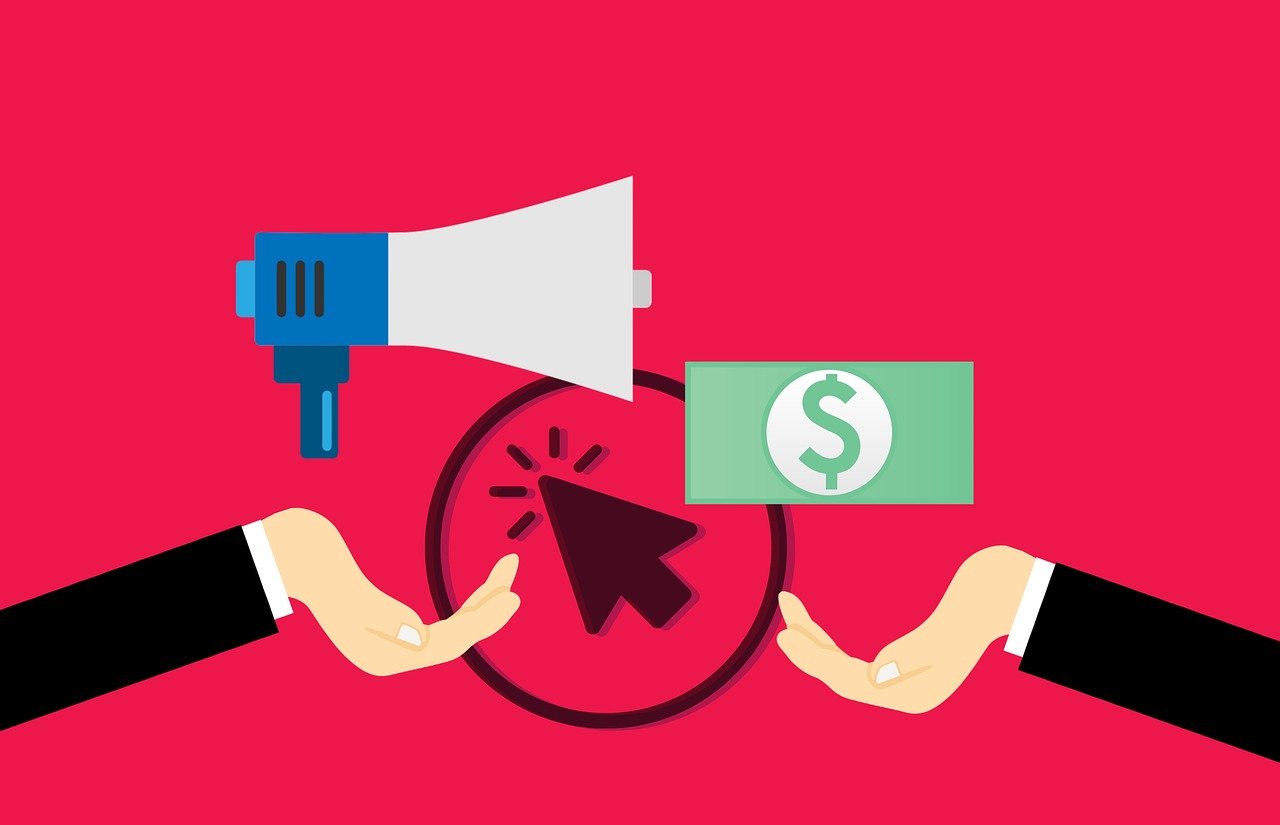
Pros of PPC
PPC advertising offers several advantages for businesses seeking immediate results and targeted exposure:
Immediate visibility and traffic
With PPC, your ads can appear in search engine results or on relevant websites as soon as your campaigns go live. This provides instant visibility and the potential for immediate traffic to your website.
Greater control over targeting and ad placements
PPC allows you to precisely target your ads based on factors like keywords, demographics, location, and even specific websites or placements. This level of control ensures your ads reach the right audience at the right time.
Measurable and adjustable campaigns
PPC platforms provide detailed analytics and metrics to measure the performance of your campaigns. You can track clicks, conversions, and other valuable data, allowing you to make data-driven adjustments and optimizations to improve your ROI.
Ability to test and optimize quickly
PPC enables you to test different ad variations, landing pages, and targeting options to identify the most effective combinations. By analyzing the results, you can optimize your campaigns swiftly to maximize their impact and drive better results.
Cons of PPC
While PPC offers numerous advantages, it’s essential to be aware of its potential limitations:
Requires budget allocation and ongoing investment
Unlike SEO, PPC advertising requires a budget allocation for ad spend. You pay for each click, and ongoing investment is needed to maintain your campaigns. Depending on your industry and competitiveness, the cost of PPC advertising can vary.
Can be competitive and costly, especially for popular keywords
In highly competitive industries, popular keywords can have higher bidding costs, making it more expensive to achieve prominent ad placements. This can challenge smaller businesses with limited budgets to compete effectively.
Limited long-term benefits
PPC advertising provides immediate results, but the benefits may diminish once you stop investing in ads. Unlike SEO, which can yield sustained organic traffic, PPC traffic stops once the ad campaigns end.
Ad-blockers and banner blindness can affect performance
Users increasingly employ ad-blockers or develop banner blindness, resulting in reduced visibility and click-through rates for PPC ads. It’s crucial to create compelling and targeted ads to overcome these challenges.
Considerations For Your Business
When deciding between SEO and PPC, it’s crucial to consider various factors that are unique to your business. Here are key considerations to keep in mind:
Nature Of Your Business And Goals
Understand the nature of your business and your specific marketing goals. Are you focused on long-term organic growth, brand building, or immediate lead generation? Aligning your objectives with the strengths of SEO or PPC will help you make the right choice.
Budget And Resources Available
Evaluate your budget and available resources for marketing. SEO generally requires ongoing efforts, such as content creation, website optimization, and technical improvements. PPC, on the other hand, involves ad spend and campaign management. Consider which approach aligns better with your financial resources.
Target Audience And Their Search Behaviors
Analyze your target audience and their search behaviors. Do they primarily rely on search engine results for information, or are they more likely to click on paid ads? Understanding how your audience searches and engages with online content can inform your decision on whether to prioritize SEO or PPC.
Competition And Industry Landscape
Evaluate the competition in your industry and the level of competition for relevant keywords. Highly competitive industries may require a more aggressive PPC strategy to achieve immediate visibility, while less competitive industries may offer opportunities for SEO to shine.
Integration And Synergy Between SEO And PPC Strategies
Consider how SEO and PPC can work together to maximize results. While they are separate strategies, they can complement each other. For example, PPC can provide immediate visibility while waiting for SEO efforts to gain traction. You can also use data from PPC campaigns to inform your SEO strategy and vice versa.
Making The Decision – SEO, PPC, or Both?
Now that you have considered the pros and cons of SEO and PPC, it’s time to make an informed decision based on your specific situation. Here are key steps to help you determine the right approach:
Weighing The Pros And Cons Based On Your Specific Situation
Evaluate the advantages and considerations of both SEO and PPC in the context of your business goals, target audience, budget, and resources. Consider which factors are most important for your business’s success and align with your marketing objectives.
Identifying The Right Balance And Synergy Between SEO And PPC
Recognize that SEO and PPC can work together synergistically to maximize your results. Depending on your goals, you may choose to prioritize one over the other initially. For example, if you need immediate visibility and quick results, PPC can provide that while your SEO efforts gradually improve. Over time, you can find the right balance between the two strategies to achieve a well-rounded digital marketing approach.
Case Studies And Examples Showcasing Successful Approaches
Explore case studies and examples of businesses in your industry that have achieved success with SEO, PPC, or a combination of both. Analyze their strategies, outcomes, and the factors that led to their success. This research can provide valuable insights and inspiration as you shape your own marketing approach.
Remember that every business is unique, and there is no one-size-fits-all solution. It’s essential to continuously evaluate and adapt your digital marketing strategy based on data, industry trends, and the evolving needs of your target audience.
Final Thoughts
We explored the pros and cons of two powerful digital marketing strategies: SEO and PPC. Let’s recap the key points and highlight the importance of understanding your business needs to align your marketing strategy effectively.
SEO and PPC Pros and Cons Recap
We examined the advantages of SEO, including long-term organic visibility, cost-effectiveness, credibility-building, and enhanced user experience. However, SEO requires time to see results, ongoing effort for optimization, and has limited control over search rankings due to algorithm updates.
For PPC, we highlighted the immediate visibility and traffic it offers, greater control over targeting and ad placements, measurability, and the ability to test and optimize quickly. On the flip side, PPC requires ongoing budget allocation, can be competitive and costly, provides limited long-term benefits, and faces challenges such as ad-blockers and banner blindness.
Understanding Your Business Needs and Aligning Your Strategy
It is crucial to evaluate your business’s unique needs, goals, budget, target audience, and competition. By considering these factors, you can determine the most suitable digital marketing approach. Aligning your strategy with your business objectives ensures that your efforts are targeted and effective in reaching your desired outcomes.
Digital marketing is an ever-evolving field, and success lies in experimentation, tracking results, and adapting strategies based on data and insights. Monitor the performance of your SEO and PPC campaigns, analyze the metrics, and make data-driven decisions to optimize your strategies continuously. Flexibility and adaptability are key to staying ahead in the dynamic digital landscape.
There is no one-size-fits-all solution for every business. Understanding the pros and cons of SEO and PPC, aligning your strategy with your business needs, and being open to experimentation and adaptation are essential for a successful digital marketing approach. By staying informed, measuring results, and making strategic adjustments, you can achieve impactful and sustainable growth for your business.

